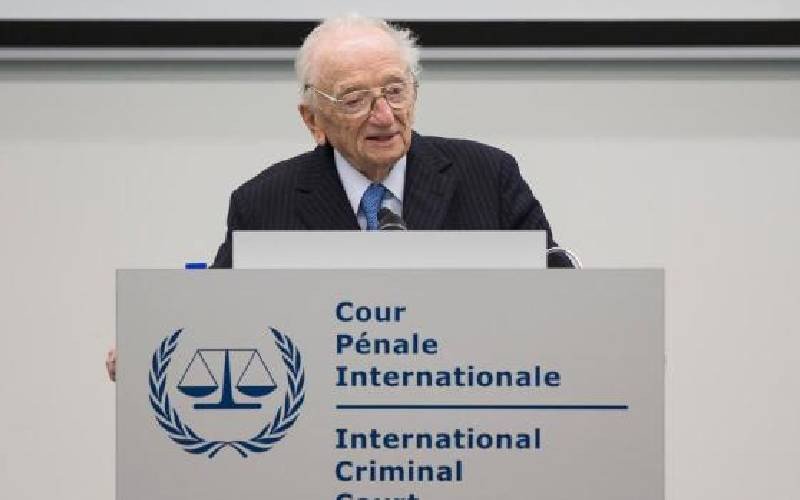×
The Standard e-Paper
Smart Minds Choose Us

For a man who spent half of his life blowing trumpets against war, it was ironic that the last of Nuremberg Trials prosecutors would die at the height of Russia-Ukraine conflict and on a Good Friday.